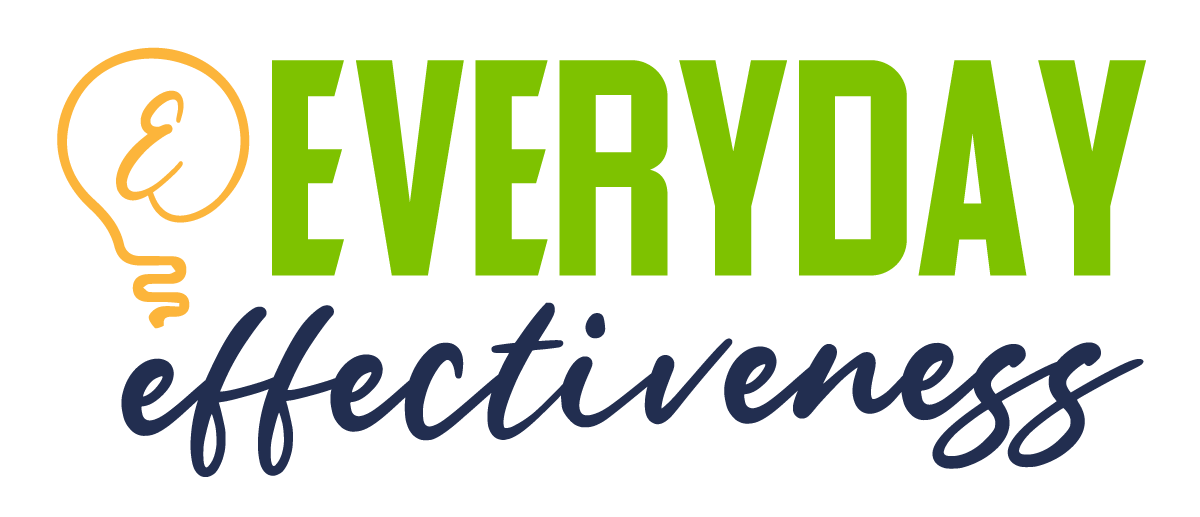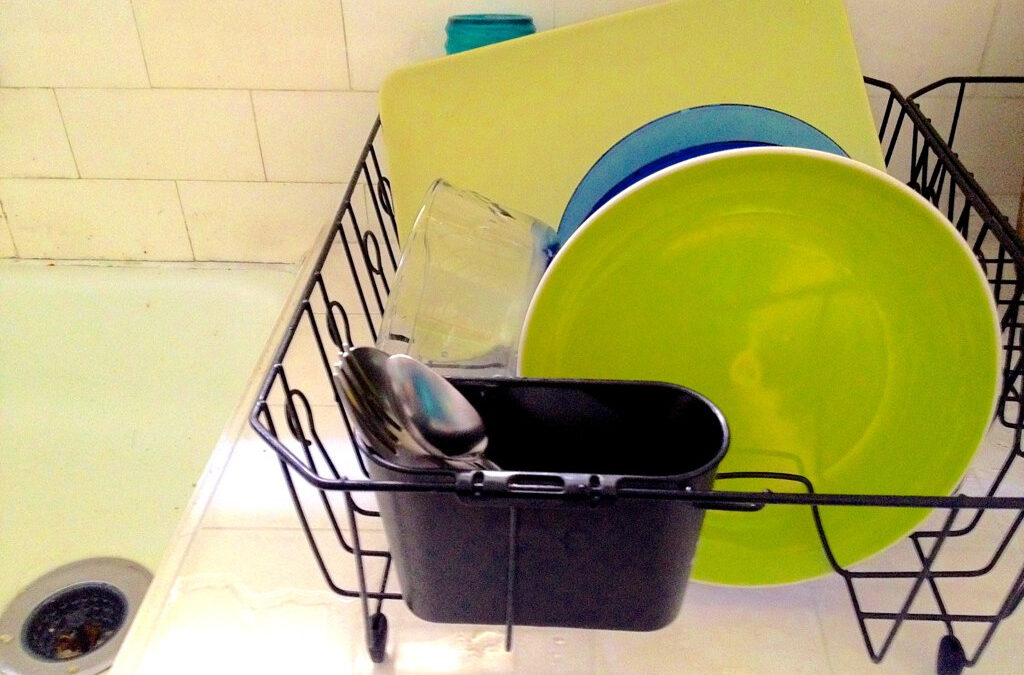I am not a habitual person by nature; that has been my way for as long as I can remember. As a child it was a huge problem getting me to do chores or other similar activities. Part of the reason was because I was a kid and didn’t want to do them, but there was also an element of struggling to get a habit formed.
As I moved into adulthood, I didn’t seem to pay much attention to my habits or lack thereof. For the most part, I am able to see what needs to be done and put the appropriate level of effort toward getting it accomplished. Since my routine is almost non-existent, I can be flexible in most scenarios and easily make adjustments when necessary. This is a great advantage when I am traveling for work and I often have to adjust to other people’s schedules. The downside is, I don’t have routines that help me get back on track or focus once I return home. Habits like these can be necessary if you want to increase your productivity.
This became extremely apparent upon my return from my last trip of the year. I was on the road for three weeks with only a brief 36 hour visit home in the middle to do laundry and repack. During these kinds of trips, I don’t have time to worry about getting much else done other than my basic self-care and being at the designated location prepared to teach, speak, listen, learn or socialize as the situation requires. My time is not my own.
But upon returning my time became my own again … and I have been practically useless ever since!
What I have realized is my lack of habits has done me a disservice in terms of productivity. Although not everything works for everybody, I truly believe the time and effort in developing these three habits will be paid back many times over in productivity.
Think about tomorrow, today.
Every productive person I know utilizes some sort of task management list/system. Personally I have been using ToDoist and am generally happy with the app. I have long been a faithful user of various task management tools. In fact, I am sure that most of my productivity is a result of effectively managing all the tasks that swirl around me on any given day. The habit that is missing is taking time before the end of the day to make high level plans for tomorrow.
The “planning for tomorrow” habit will look different for everyone. If your schedule is fixed or your body clock consistent then you probably get up at the same time every day. If your schedule is all over the place, then deciding when you will go to bed and when you will get up may be part of this habit. Also included would be a review of your task list. For some it may be identifying the first one or two things they are going to tackle as they start their day. For others it could be singling out the “must dos” for the following day. Still others may use it to schedule much of the whole day. Regardless, making a plan for tomorrow allows you to hit the ground running.
Don’t touch that!
How much time do you spend looking for something that you knew you had? Obviously it happens to all of us occasionally, but it is much more rare for those that establish the habit of touching things as few times as possible. Everyday items (keys, wallet, cell phone) should have a standard location they land in each time you arrive at your home or office. Have a plan for dealing with mail, paper, or other items that come across your desk that minimizes the number of times you have to touch it. “One and done” isn’t always practical, but if you can keep it to twice, you will probably still be ahead of the game. The same goes for electronic communications. A clean space both physically and virtually makes it easier to focus, and better focus equals more productivity.
Find your rhythm.
This habit is often the hardest to develop as it can be challenging to discern. Everyone has times that they are more productive than others. Also different environments can be more effective for some types of activities. Being aware of your own personal rhythms and establishing routines to support them will greatly increase your productivity.
Some folks like to work for a fixed period of time (usually 45 – 60 minutes) and then take a short break. Others find that they are better at writing tasks when they are in a more public setting like a coffee shop. Many folks find their best thinking occurs first thing in the morning. Others learn that an exercise break in the middle of the day provides better results for the afternoon. Invest time in discovering your own personal productivity rhythms and then make them a habit. Although you may not be able to do them all every day, knowing where you can jump back into the pattern will allow even an imperfect day to be productive.
As I look to being more productive when I am not on the road, my own goal is to try and get these three habits established before the beginning of the new year. Habits are difficult for me so I know that it will be a challenge. But I also know the productivity benefits will be totally worth the effort.


